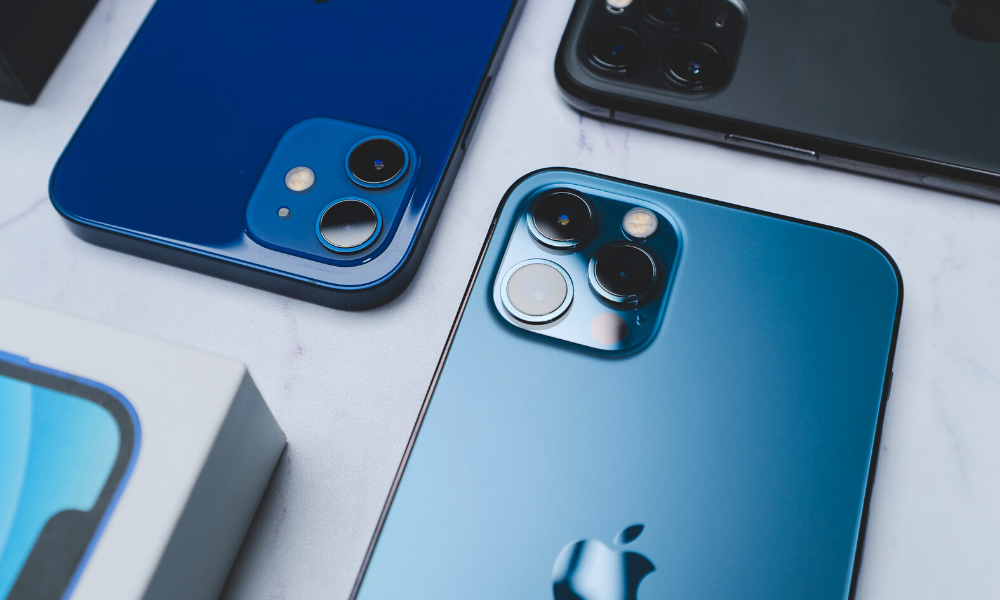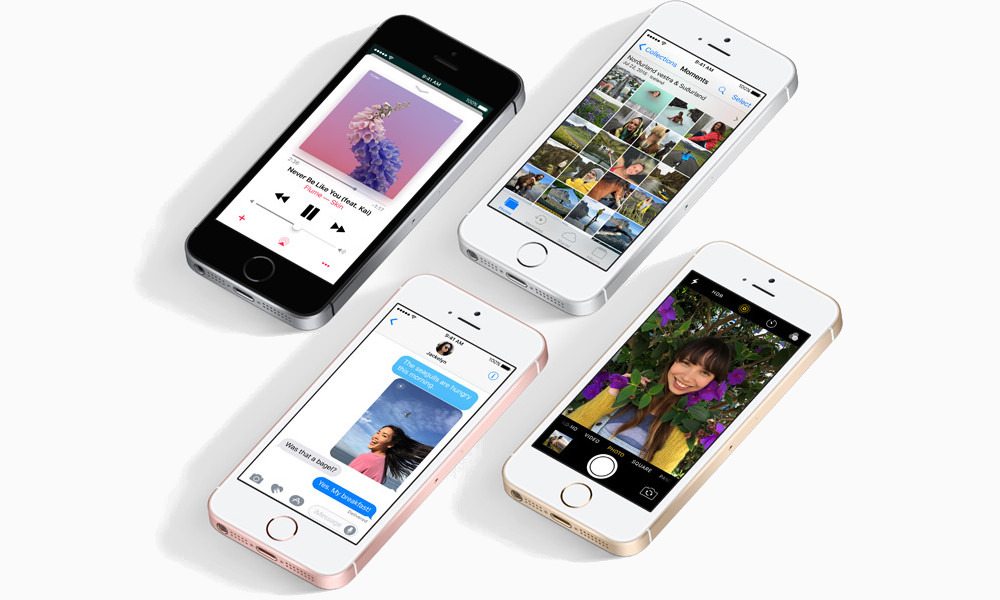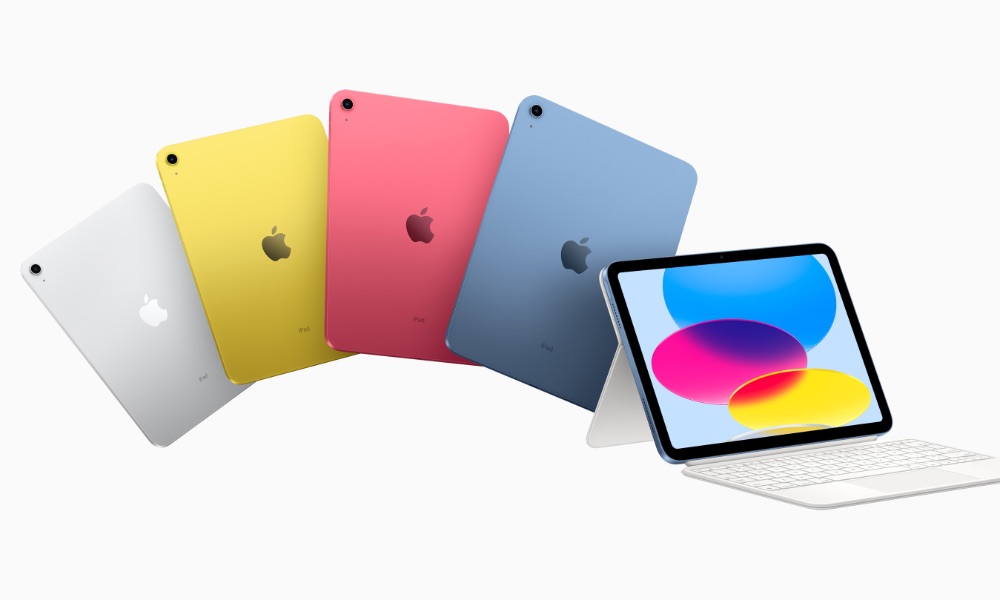Here Are the iPhones That Will (Supposedly) Get iOS 18

Toggle Dark Mode
In a little over two months, Apple will unveil iOS 18 at its Worldwide Developers Conference. That means we’re getting close enough that more reliable information may be starting to leak out, including the usual hints about what devices can be expected to be capable of running the upcoming iOS release.
Keep in mind that just because more reliable information is now available doesn’t mean that all the information that comes out is reliable. So, take this one with a bit of side-seasoning, but if it turns out to be true, it will be good news for many iPhone users, as it looks like all of the devices capable of running iOS 17 will also be upgradeable to iOS 18 when it lands later this year.
This was initially revealed by a short-lived Tweet spotted in late February by MacRumors’ Aaron Perris. At the time, some folks were skeptical of its veracity despite the fact that it reportedly came from an account with “a proven track record of sharing build numbers for upcoming iOS updates.”
However, 9to5Mac has now seen information from another private social media account “with a strong track record” that’s providing the same list of devices that will support iOS 18, specifically:
- All iPhone 15 models
- All iPhone 14 models
- All iPhone 13 models
- All iPhone 12 models
- All iPhone 11 models
- iPhone XS/XS Max
- iPhone XR
- iPhone SE (2022)
- iPhone SE (2020)
That’s every iPhone model from 2018 onward, which basically amounts to all iPhones using an A12 Bionic chip or later.
More significantly, it’s the same list as iOS 17, which means no iPhone will be left behind this year. The 2017 iPhone X and iPhone 8 models hit the end of the road at iOS 16, while iOS 15 cut off the original iPhone SE and the iPhone 7 and iPhone 6s families. However, those older models all enjoyed a nice steady run of updates before that, with the iPhone 6s and first-generation iPhone SE making it through six major iOS releases, from iOS 9 to iOS 15.

That gave those 2015 and early 2016 models the crown for the longest-supported iPhones in Apple history, but the iPhone XR and XS models could tie that this year, running the gauntlet from iOS 12 to iOS 18.
That kind of longevity was once the envy of Android users, but now it seems Google has led the way into a bold new future where flagship phones will be supported for many more years. When it announced the Pixel 8 phones last fall, it came with the promise of a staggering seven years of Android updates, which will take it from Android 14 to Android 21. Not to be outdone, Samsung made the same guarantee for its Galaxy S24 lineup. That’s a stark contrast to the days when Android owners were lucky to get three years of updates.
Apple makes no such promises, but it doesn’t have to; its track record speaks for itself. You can be that your iPhone 15 will someday be able to run at least iOS 22, and at the rate that Apple is going now, it could make it beyond that.
That doesn’t mean that every iPhone will be able to enjoy all the latest and greatest features of iOS 18. Apple is expected to announce some significant new AI features this year, some of which may require more horsepower than the older A12 Bionic chips can muster, and it’s become the norm over the past few years for older phones to be left out of some of the more powerful features.
What About iPadOS 18?
Unfortunately for iPad fans, the news is a little more bleak, with reports that Apple plans to drop support for all iPads released before the fall of 2018. This means only the following iPads will support iPadOS 18:
- 2019 iPad (7th generation) and later
- 2019 iPad mini (5th generation) and later
- 2019 iPad Air (3rd generation) and later
- 2018 11-inch iPad Pro (1st generation) and later
- 2018 12.9-inch iPad Pro (3rd generation) and later
That first entry is a bit odd, as the 2017 iPad Pro models appear to have been dropped from the list. Both use Apple’s A10X Fusion chip, yet the entry-level 2019 iPad and its 2018 predecessor both use the A10 Fusion, yet only the later model is on the list. If anything, we’d round that one up by a year since the 2020 iPad used the same A12 Bionic chip as the 2019 iPad mini and iPad Air.
Again, this is all conjecture right now based on sources who claim to have knowledge of Apple’s plans. Even if the information they have right now is accurate, Apple could still change direction between now and June.
[The information provided in this article has NOT been confirmed by Apple and may be speculation. Provided details may not be factual. Take all rumors, tech or otherwise, with a grain of salt.]







